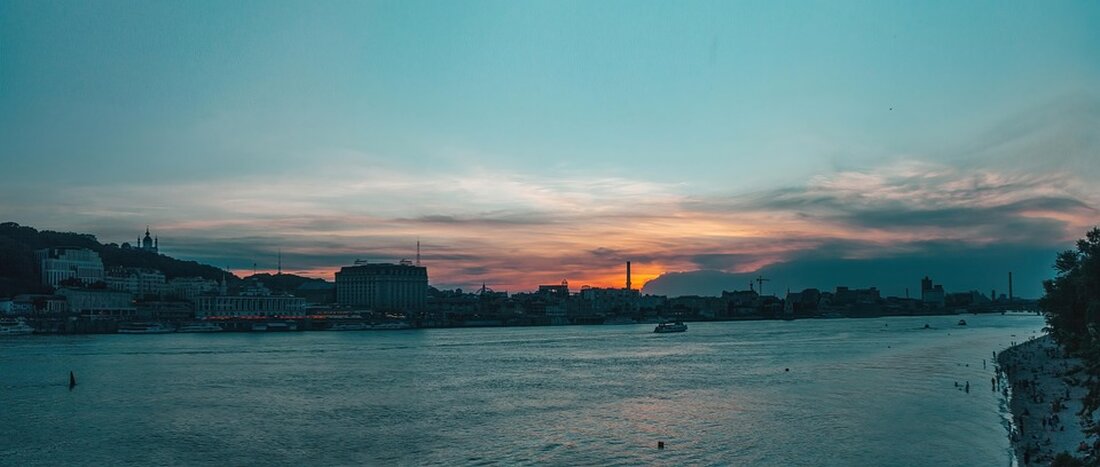Security guarantees for Ukraine: risks and challenges
Security guarantees for Ukraine become a central topic in the peace negotiations. But what are the challenges and dangers from new obligations? Learn more.

Security guarantees for Ukraine: risks and challenges
The security guarantees are on a central topic in the Discussions about a peace treaty for Ukraine become. President Wolodymyr Selenskyj said on Monday in the White House that they represent the "key problem, a starting point for the end of the war".
Security as a key to a peace solution
Selenskyj is aware that Russia's superior figures and weapon systems will ultimately mash Ukrainian resistance. Therefore, he has long emphasized that every agreement must contain concrete things to ensure that the USA and Europe prevent the Russians from resuming their attack in one or two years.
What could include security guarantees?
First of all, it is an undeveloped territory: the "coalition of the willing", a group of important Ukrainian allies, still works on what realistic offers it can make. The purpose is clear: to deter the Russians of attacks on Ukraine in the coming years. However, the exact design of the guarantees is less clear, since troops are expected to be stationed on site and the Ukraine is supported by the sea and air. There will also be help in reconstruction of the Ukrainian armed forces who are now exhausted after more than three years of war.
International support and military presence
Selenskyj has argued that a strong Ukrainian army is a security guarantee in itself. French President Emmanuel Macron emphasized allies for "a robust Ukrainian army that can withstand and deter any attack, without restrictions on number, skills or weapons." At the beginning of this year, Great Britain and France also created ideas on a multinational force that could be used after a ceasefire to deter Russian aggression.
Originally there was talk of a contingent of around 30,000 soldiers that were to be stationed in Ukraine. In the meantime, it is discussed to have a smaller deterrent group on site and to rely more on a "security roof" by the allies, which includes sea rescue workers, air support and training measures. Around 30 countries have joined the coalition, but what every country is ready to contribute is unclear.
The role of the United States in the negotiations
The role of the United States is the big topic. In the past few days, US President Donald Trump has started to support the idea of American participation in security guarantees for Ukraine. So far, the attitude of his administration was that it was the responsibility of the Europeans. However, Trump was vague in the discussions in the White House regarding the type of engagement and suggested that the guarantees are "provided by different European countries under coordination with the United States". Nevertheless, he rejected the possibility of a US troop stationation in Ukraine on Tuesday.
Russian reactions and international diplomacy
Russia already made it clear on Monday that it will not tolerate troops from NATO countries on Ukrainian soil. Spokeswoman for the Foreign Ministry, Maria Zakharova, rejected "every scenario that provides for the appearance of military quotas with the participation of NATO countries in Ukraine." Moscow also demands security guarantees that also affect the number and capacities of the Ukrainian armed forces.
Alternative solutions for security guarantees
There are currently discussions about the possibility of offering parts of the security guarantee in the form of air protection for Ukraine, similar to the Flightenbotons over Iraq in the 1990s. A larger air power could theoretically be stationed in Poland and Romania to ensure educational and surveillance services.
In fact, a strong commitment is needed to signal the Ukrainians that their security is taken seriously. In view of the geopolitical tensions, it remains to be seen whether the actors will succeed in developing a sustainable plan for sustainable security guarantees, which is spared both the achievements of the war and saves further damage to the transatlantic alliance.

 Suche
Suche
